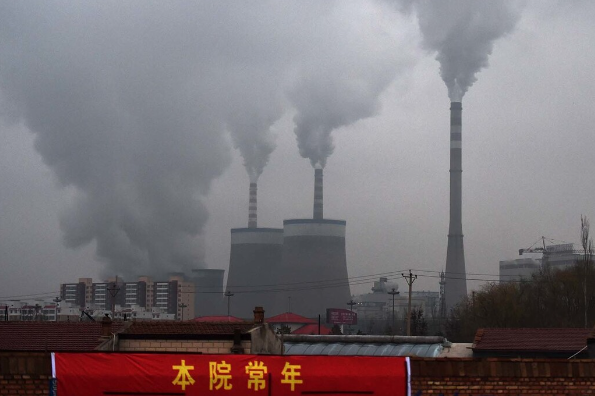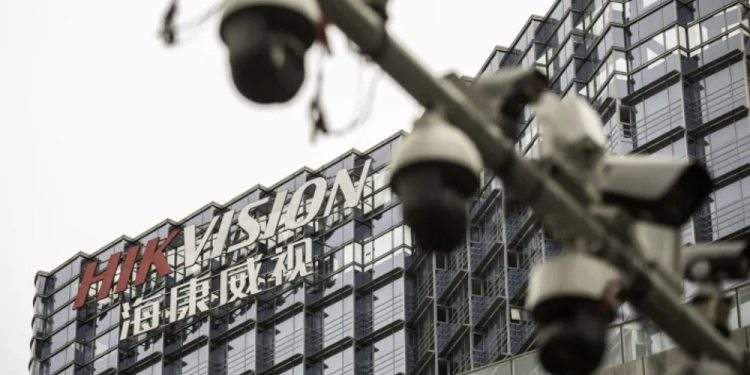Further proving that ESG investments can include…anything anybody wants…and proving that the entire notion of ESG investing is one giant racket, it was reported this week that ESG investment initiatives in China have investors funneling their cash into liquor and coal companies.
Fund manager Hou Chunyan, who recently pitched ESG investing as a way to stay compatible with China’s goals of “common prosperity”, said in a presentation in June that her fund, the Da Cheng ESG Responsibility Investment Mixed Fund, doesn’t exclude coal companies or liquor stocks, according to Yahoo/Bloomberg.
Additionally, the piece notes that ESG funds also invest in chemical manufacturers and solar and technology firms tied to forced labor in Xinjiang.
President Xi Jinping’s net-zero commitment and anti-poverty campaigns have prompted 112 new ESG funds to pop up in China over the last 20 months, according to Bloomberg data. This is about three times as many that debuted over the four years prior.
Retail investors in China are providing plenty of demand for the funds, Fidelity said. There are now $50 billion in ESG assets in China – about double what there was in the beginning of 2021.
And because “ESG” in China also means tethering your fund to China’s political goals, about 15% of the country’s ESG funds are invested in coal. More than 60% own steel companies, who are massive consumers of the country’s coal.

Bradford Cornell, emeritus professor of financial economics at UCLA, told Bloomberg: “People say ESG like we’ve agreed upon what it is — we’ve not. In China, the rules on environmental and social issues are made by the Chinese Communist Party.”
Liu Xiangfeng, whose Beijing-based firm, QuantData, specializes in ESG analysis, added: “A local analyst would consider being a state-owned enterprise a good thing, while their counterpart in Europe might consider it a deal-breaker. There is culture and ideology involved.”
The country’s CSI 300 ESG Leaders index includes China Shenhua Energy Co., which gets 78% of its revenue from coal mining, and alcohol company Kweichow Moutai Co.
About 10% of the country’s ESG funds also hold Hangzhou Hikvision Digital Technology Co., which is a company that has already been placed under U.S. trade sanctions due to alleged human rights violations in Xinjiang.
Shirley Xu, head of ESG research at China Asset Management Co., said: “As an asset manager in China, aside from using international ratings as a reference, we must follow China’s current stage of industry development and invest accordingly.”
Boya Wang, an ESG analyst at Morningstar Inc. concluded: “The government is bound to generate its own interpretation of ESG, because they want to make sure it will not conflict with the country’s national economic strategies…social inequality and local unemployment top the agenda.”
Article cross-posted from Zero Hedge.
It’s becoming increasingly clear that fiat currencies across the globe, including the U.S. Dollar, are under attack. Paper money is losing its value, translating into insane inflation and less value in our life’s savings.
Genesis Gold Group believes physical precious metals are an amazing option for those seeking to move their wealth or retirement to higher ground. Whether Central Bank Digital Currencies replace current fiat currencies or not, precious metals are poised to retain or even increase in value. This is why central banks and mega-asset managers like BlackRock are moving much of their holdings to precious metals.
As a Christian company, Genesis Gold Group has maintained a perfect 5 out of 5 rating with the Better Business Bureau. Their faith-driven values allow them to help Americans protect their life’s savings without the gimmicks used by most precious metals companies. Reach out to them today to see how they can streamline the rollover or transfer of your current and previous retirement accounts.





